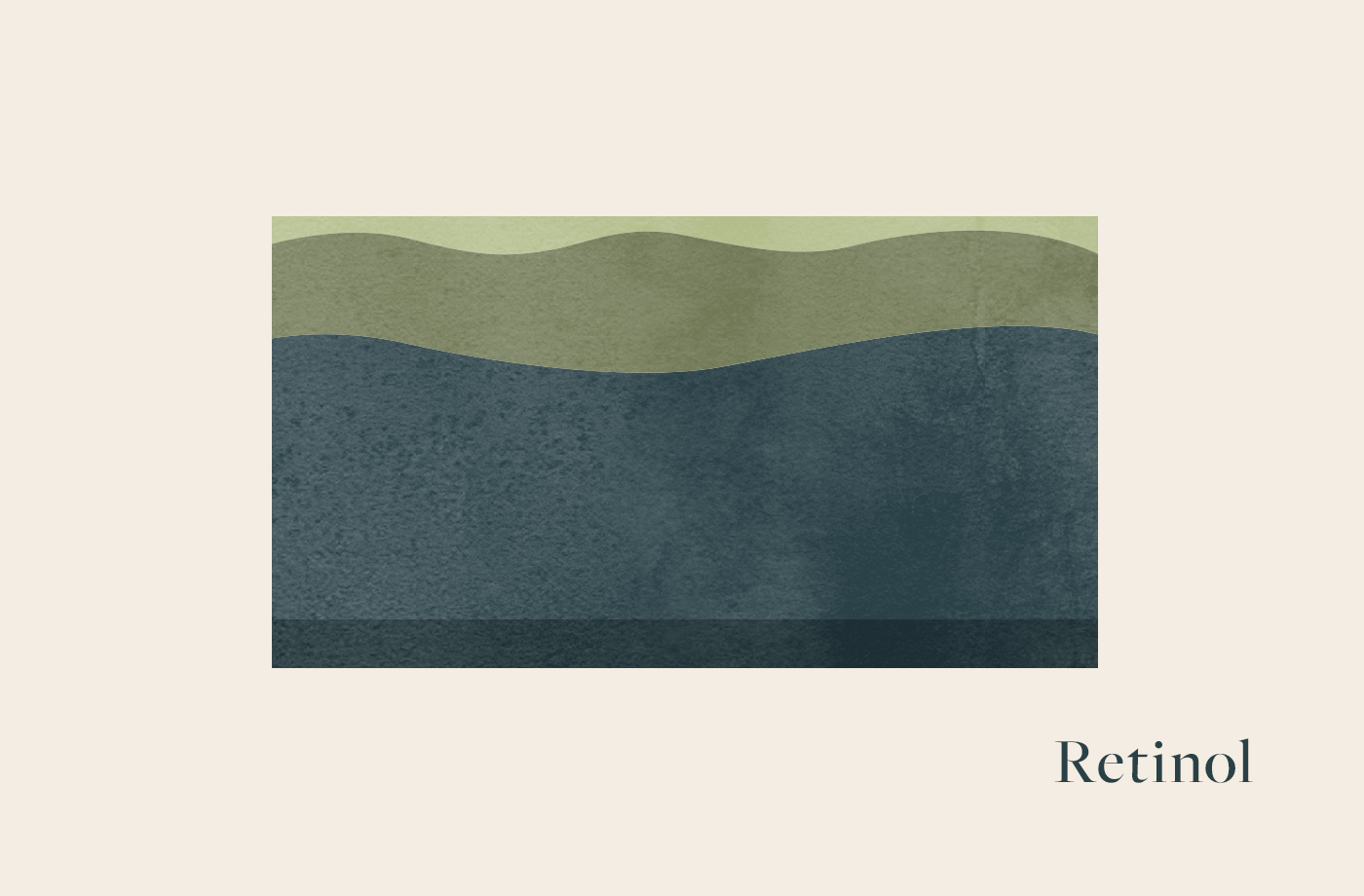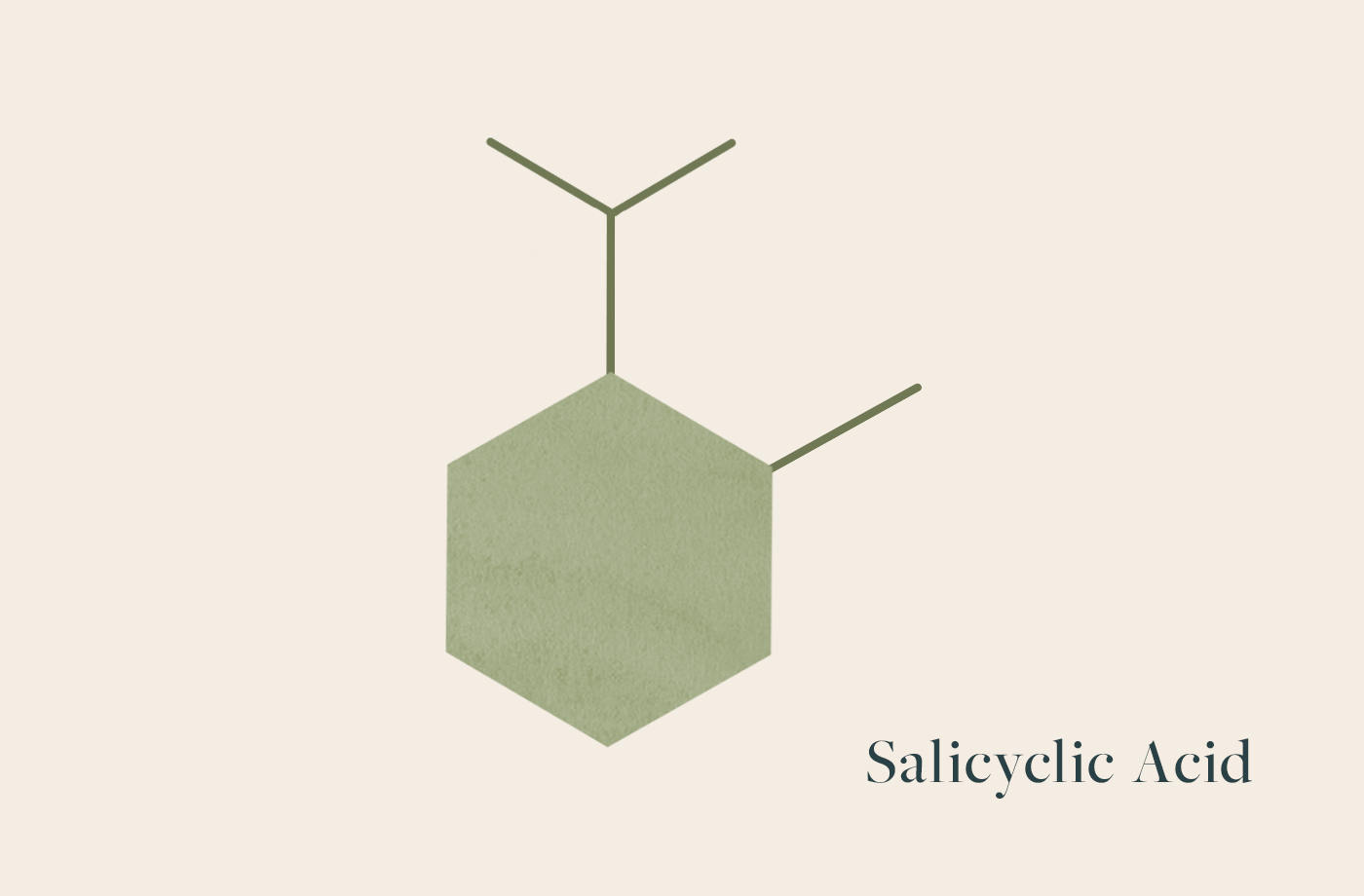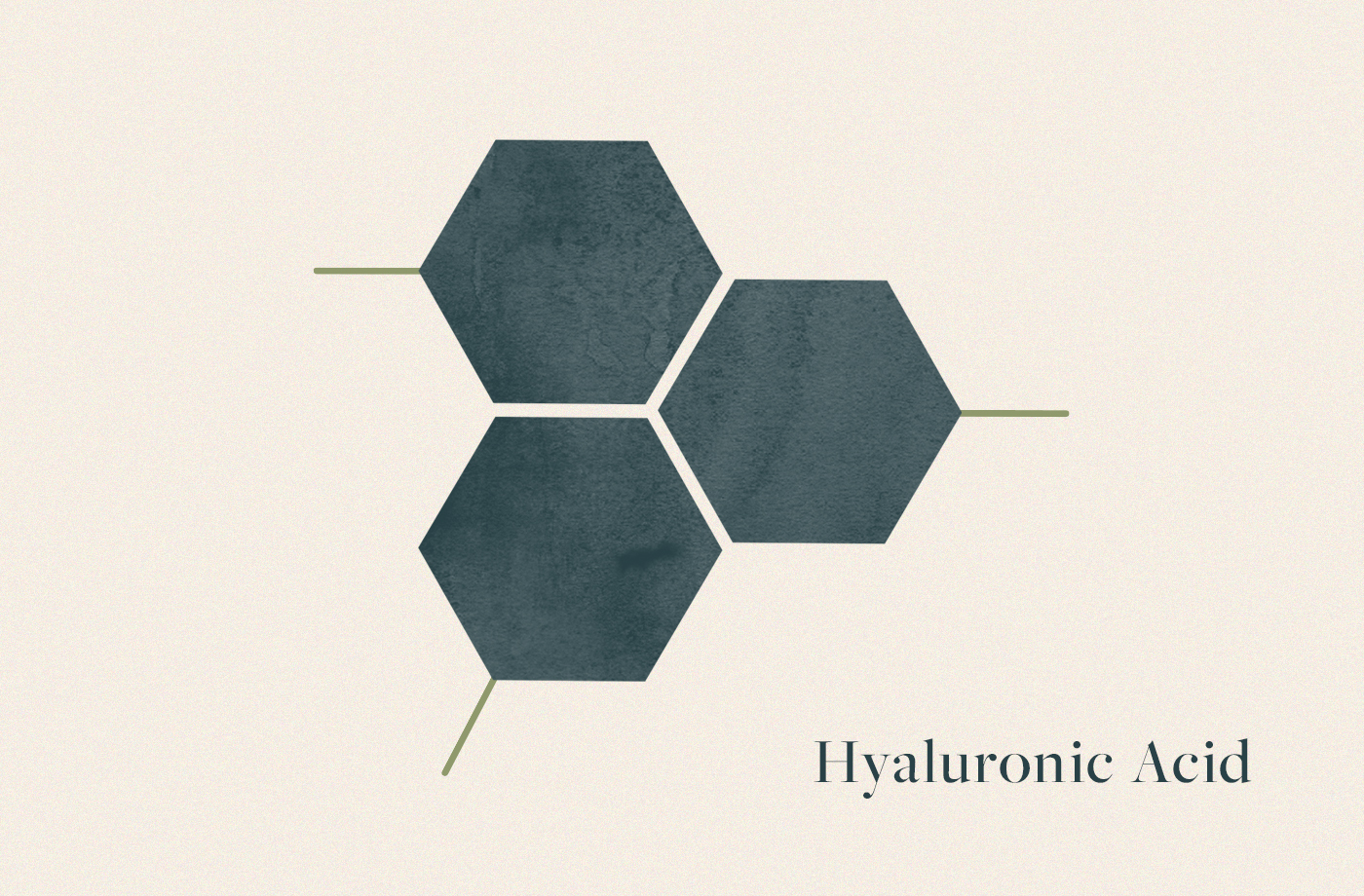Dermatologists Say the ‘Big Four’ Are All You Need to Beat Oily Skin
Oily skin occurs thanks to an overproduction of sebum in your pores, and derms say there are a few reasons why this happens. The environment (more pollution=more oil), your stress levels (more stress=more oil), and your hormones (your period=more oil) can all play a role in how oily your complexion is on any given day. And, as anyone who's dealt with oily skin likely knows, increased oil production also goes hand-in-hand with acne. Breakouts can happen when excess sebum gets trapped inside of a pore. Down the line, that sebum mixes with bacteria and dead skin and a pimple forms.
It's not all bad news, though: Research has shown that people with oily skin tend to have fewer wrinkles as they get older, and that sebum is packed with free-radical fighting vitamin E, which helps to fend off environmental damage (and let me take this moment to remind you that people pay good money for vitamin E). Since your skin is already providing you with one pricey ingredient, I'll get right to the others to slather on. The "big four" ingredients for oily skin are right this way.
Retinol

Retinol's ability to speed up cell turnover (aka bring fresh, new cells to the skin's surface while getting rid of old dead ones) makes it an oily skin hero. "In acne-prone skin, cell-turnover can help unclog pores since a lot of what's clogging pores is that old, dead skin, and if you make that happen faster it will unclog those pores," says New York-based, board-certified dermatologist Jason Miller, MD. This, he says, is why dermatologists so frequently prescribe things like Retin-A and other topical vitamin A derivatives.

{{post.sponsorText}}
"You're getting so much of this extra gunk collecting in those pores, and you need to clear it out by getting rid of the dead skin cells," which, he explains, is exactly what these types of products do. Studies have also found that some prescription retinoids (specifically tazarotene and tretinoin) can reduce pore size when applied topically. While there's no hard data linking this to decreased sebum production, pros speculate that retinol does decrease the amount of oil in skin, as evidenced by the dryness and flakiness that can occur after you use it.
Salicylic acid

Of all of the acids in the skin-care sphere, anti-inflammatory salicylic acid is the your best bet for keeping acne at bay atop oily skin. "Salicylic acid is great for oily skin because it breaks down dead skin cells," says New York City-based board-certified dermatologist Rachel Nazarian, MD. As Dr. Pimple Popper (aka board-certified dermatologist Sandra Lee, MD) previously told Well+ Good, this particular ingredient is able to get way deep down into your pores, to clear out dirt and debris. "It also degrades the blackheads and whiteheads that are often seen in acne-prone and oily skin," adds Dr. Nazarian.
Hyaluronic acid

It's an all-too-common misconception that you don't need to hydrate oily skin, and that's where hyaluronic acid comes in. When your skin is stripped of moisture—from a harsh cleanser or the dry air, for example—it tends to respond by producing more oil to make up for the fact that it feels parched. "Skin produces oil in response to hormonal signals, but also when it needs to hydrate the skin surface," explains Dr. Nazarian. Because of this, it's actually extra-important to keep oily skin nice and moisturized so that it doesn't over-produce oil to do this on its own. Opt for a serum, and layer it on underneath your moisturizer for best results.
Niacinamide

Speaking of moisturizers, you'll want to look for one with niacinamide on the label to add to your oily skin routine. The ingredient (otherwise known as vitamin B3) is known to be a superstar for soothing all skin types, thanks to the fact that it helps calm inflammation and support healthy collagen production. But the reason it's so great for slick-skinned situations? A small study found that a two percent topical niacinamide product lowered sebum excretion rates over the course of four weeks. So not only will a niacinamide-packed moisturizer help hydrate your skin, but it'll also prevent it from trying to overcompensate with oils of its own, too.
Skin can't decide if it's dry or oily? Check out the video below for a derm's tips on how to handle:
These are the best oily skin-friendly moisturizers money can buy, plus the powerful serum derms say is like microdermabrasion in a bottle.
Loading More Posts...